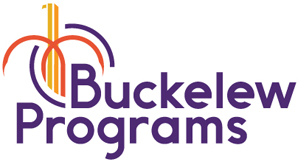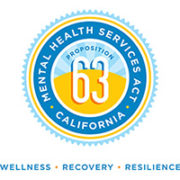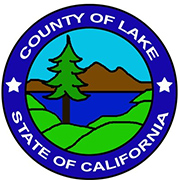Lake County Services
Buckelew Suicide Prevention Program
Buckelew Programs’ Suicide Prevention program operates a free and confidential 24/7 crisis hotline for anyone experiencing suicidal thought and/or emotional distress. We also provide outreach, education, and survivor’s support services to Marin, Sonoma, Lake, and Mendocino counties.
What is 988?
988 is the new three-digit number for mental health, substance use and suicidal crises, expanding access to those in need at the critical time help is needed. 988 is designed to be an alternative to our current emergency response systems.
988 will offers easier access to the Lifeline network and related crisis resources, which are distinct from 911 (where the focus is on dispatching Emergency Medical Services, fire and police as needed).



